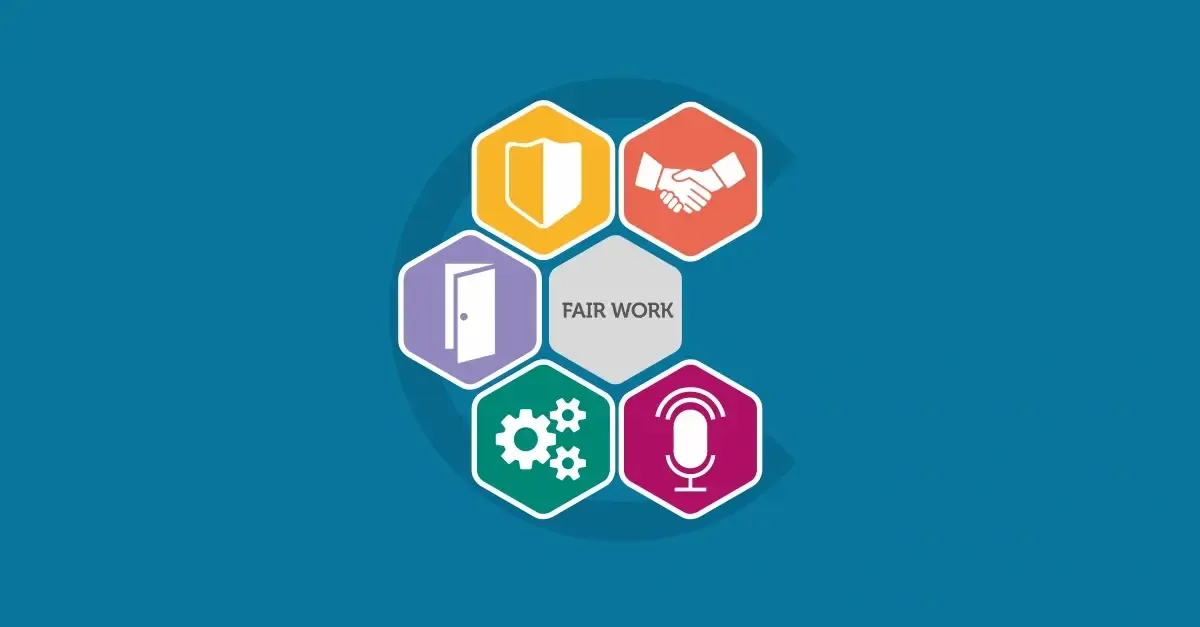
Apprentices
Kick-start your career with an apprenticeship
See what apprenticeships you could do, which employers you could work with and the qualifications you'll gain.
Find an apprenticeship vacancy
Employers
Grow your business with an apprenticeship
We'll help you find the right fit for your business and support you with the costs. You'll get the skills you need for the growth you want.

Get involved

Apprentices
Get qualilfications at school, earn while you learn, work towards a degree — the choice is yours!

Employers
Grow your talent pipeline and boost productivity — find out how to employ an apprentice.

Learning providers
Work with employers and individuals to deliver a range of exciting and dynamic apprenticeships.
Real apprentice stories
View all apprentice stories
A Modern Apprenticeship was the best way for Viktoryia to learn on the job and gain experience in engineering.
Watch Viktoryia's storyGet the experience only an apprenticeship can offer
I knew a Graduate Apprenticeship would be a good idea. I'll get my full Bachelor's degree, work full-time, gain experience and I'm getting paid. It's a win-win in every aspect.

Publications and resources
Looking for essential documents to deliver apprenticeships? Want some colourful apprenticeship images for your social media? We've got what you need.

Shape the future of apprenticeships
People from a wide range of backgrounds help develop new apprenticeships — find out how you could get involved.

Fair work is for everyone
Everyone has the right to be treated fairly at work. Fair Work helps all employees in Scotland to have a voice, opportunity, security, fulfilment and respect.
